“Hands Off” protest shows unprecedented national organization against Trump administration, from Atlanta to New York City

Atlanta, alongside 1,400 other cities and seven countries, held a “Hands Off Protest” on April 5. The protests intended to highlight discontent with the first 75 days of the Trump administration.
“He’s made us more weak across the world,” Quentin Pullen, an Atlanta protest leader, veteran and small business owner, said. “I was watching this morning, and we got people protesting all over the world.”
The protests across the country contained a wide range of demographics and ages. Kristen Smith* said this sends a message of unity.
“I’m hoping our peaceful protest is honest, just all types of people coming together from all different backgrounds, all ages,” Smith said. “I hope it sends a message that at the end, we’re all just better together. Division is never the answer.”
Smith participated in the New York City ‘Hands Off’ march near Bryant Park on April 5, where thousands of people gathered to protest the Trump administration. Smith said that as a queer, Jewish woman, she has been specifically impacted by the policies Trump has created and dismantled.
“We’re all here because we’re trying to bring attention to the fact that there is a very large portion of America, in fact, most of America, that doesn’t want to live under the government that Donald Trump is creating for us,” Smith said.
New York protester Stephanie Noel* said she couldn’t trace where she first heard about the march because it was discussed so frequently. Noel feels that Trump’s policies impact every facet of her life.
“I don’t mean to be overgeneral, but [the Trump administration impacts] absolutely everything,” Noel said. “Our civil liberties, the environment, his economic policies. What else is left, the universe?”
Protesters in New York packed almost 20 blocks along 5th Avenue. Noel said she had never participated in a march of that magnitude.
“The world needs to see all of us out here chanting, objecting to what he’s doing,” Noel said. “Everybody has to know this is not just for us. This is for the world. This is New York. People have to see what we’re doing.”
In the 75 days between his inauguration and the April 5 protest, Trump signed 111 executive orders, more than any other president has signed in their first 100 days.
“I expected them, I didn’t expect them so fast,” Steff Reid, a New York protester, said. “I thought it would be more of a gradual process. It’s just jarring how fast it’s happening and how little the powers that be, the structures, whether it’s Congress, the House, the Senate, the judges, have stopped it. I think there’s a way that power wants us to feel like our resistance is pointless, like their power is inevitable and we must fight.”
An estimated 30,000 people came to the Atlanta protest. Derek Jackson, 68th District Representative, said the protest represents the pain that his constituents and other Georgians are feeling.
“This tells me that the people are feeling pain,” Jackson said. “This tells me that the people want their voices heard. This is also telling me that when power refuses to listen to the truth, their truth will step up. And this is what stepping up looks like in a peaceful protest where the citizens of this country are saying that we don’t like the direction that our government is taking us, and that direction is causing folks to lose their jobs.”
Scott Krugman, a relative of a Midtown junior, attended the Washington, D.C. protest at the Washington Monument. Krugman protested because he is concerned the federal executive branch has too much power.
“It was important to stand up for democracy and to make sure that our government is being responsive to the three branches instead of one branch doing everything,” Krugman said. “As the organizer said, they want hands off a lot of different things, like cutting NIH funding, hands off immigrants and all sorts of things that are very important to many of us.”
The Voting Rights Act was signed into law by Lyndon B. Johnson in 1965, which fully protected voters from intimidation at the voting booth. Dontaye Carter, a leader in the Atlanta protest, said he worries that Trump’s policies will cause a backslide in the rights guaranteed to future generations.
“I have a seven-year-old daughter who has less rights now than her mother had when she was born,” Carter said. “I’ve got fewer voter protection rights than I had. People don’t realize it, but folks my age, we are the first generation born with a protected right to vote, and they’re chipping away at that. We’re not that far away from this stuff. My great, great grandfather was born on a plantation five miles outside of Selma, Alabama. My ancestors got their brains beat out on that bridge, Edmund Pettus Bridge. So yes, it’s personal.”
Matt Davis*** attended the New York City ‘Hands Off’ march. Davis said he cares about protecting his wife’s and daughter’s reproductive rights in light of the Trump administration’s policy to give abortion decisions to the states. He hopes to see a balanced, infrastructure-focused government in the future.
“I would like a return to the administrations of Barack Obama and President Joe Biden, where we’re investing in American infrastructure,” Davis said. “We’re supporting our own freedoms with a Supreme Court that’s upholding the rule of law and where there are three equal branches of government.”
Reid is a graduate student at Union Theological Seminary in Morningside Heights, Manhattan, adjacent to the campus of Columbia University. Reid was also heavily involved in the Columbia student encampments in support of Palestine last year.
“These are crucial times, and we need millions and millions to flood the streets and to stand up for our rights before they’re taken away by this regime that is day by day showing us who they are,” Reid said. “We need to believe who they are and stand in deep solidarity in order to fight back and to stand up for the rights of our precious humanity, of all of us.”
Reid is part of the Kairos Center for Religion, Rights and Social Justice. According to the center, music is crucial for “amplifying the message and vision of our struggles, building unity across long-standing divisions, and igniting the confidence and courage that are needed to move us into action.” Reid brought his travel guitar to play songs of protest and unity with the other Kairos members marching crowd.
“Music is a crucial part of resistance, being able to imbue hope in the people, being able to inspire people to keep going, being able to ignite the fire of righteous resistance and bringing joy into the movement, bringing hope and spirituality and care into the movement, through culture, through arts, through music, is super important,” Reid said.
On March 8, Columbia student Mahmoud Khalil was arrested for his leading role in the pro-Palestine campus protests in 2024. He is currently undergoing a deportation trial and has spoken out, calling his arrest an “abduction.” Reid is worried that he and other students will face similar consequences for their advocacy.
“Everybody in my immediate circle is living in constant fear of being captured, of being disappeared into the night like Mahmoud Khalil, who’s a fellow Columbia student, who was taken,” Reid said. “Many folks in my circle are afraid of what’s going to happen to them next. Whether they’re gay, whether they’re lesbian, trans, straight, whether they’re immigrants, whether they’re activists, whether they’re faith leaders, artists, everybody who’s speaking out and dissenting from this regime is in fear of retaliation from the government.”
63.7% of eligible voters turned out for the 2024 election, down from 66.6% in 2020. In contrast, Georgia saw an increase in voter turnout in the most recent election. Atlanta attorney Gerald A. Griggs said protests are used as a voter registration tool in hopes that increased civic engagement will effectively push against the Trump administration.
“It raises awareness, and we are registering voters in the protests as we speak,” Griggs said. “So we’re not just going to march to the Capitol. We’re going to march to the ballot box. We’re going to march to town halls. We’re going to elevate our voices in all spaces to push back against this erosion of our democracy.”
The United States, a nation historically founded and shaped by immigrants, has always been a land built by those who came seeking a new life. Carter believes that the Trump administration is working to divide citizens of the United States.
“He jeopardized the futures of families because he’s working to divide us,” Carter said. “They called this the United States of America for a reason. This is united. We got people here from every continent here on this earth. We got people here to speak every language, and we need to support the people.”
Through the Department of Government Efficiency, the Trump administration has begun to remove the department that runs Social Security. Currently 7 million Americans age 65 and up receive 90% of their income from Social Security. In addition to the elderly population, Social Security affects those who are disabled and families lacking a definite breadwinner.
“The pain is also now going into Social Security,” Jackson said. “We all know Social Security impacts three categories of people, the elderly, children and the disabled. And so when you go after Social Security, you’re not just going after those who retired, who paid into the system. Social Security also benefits a lot of other people.”
Sheri Jones** has been to multiple protests against the Trump administration, including the New York City ‘Hands Off’ march. Jones said she’s one of many who have lost the majority of their 401K due to the stock market’s decline and the implementation of new tariffs. She has a multitude of concerns for government policies.
“I’ve been beyond terrified by what’s going on in our country, and I want to fight to take over the oligarchy, the destruction of Gaza, the destruction of Medicaid, Medicare, which my autistic son relies on for his care, education department, federal workers, the tariffs, picking fights with all our allies in siding with Russia,” Jones said.”I can go on and on, it’s every single reason, there’s not one in particular, it’s just everything.”
As a small business owner, Pullen is concerned by the state of the economy impacting sales.
“I’m a luxury business, people can’t come to my business when the economy gets bad, my business has to suffer,” Pullen said. “A lot of people are starting to drop off now because of the way the economy is going.”
In the past 20 years, racism and discrimination have cost the U.S. 16 trillion dollars, in comparison to the total GDP of the U.S. which is 21 trillion dollars. This comes from a wide variety of racism, including redlining and discrimination from lenders.
“We know that diversity is good for America and racism is expensive,” Carter said. “It’s already [been] shown. So let’s stop wasting money working on trying to cut off federal jobs and all these different things, and let’s actually work on making things more equitable.”
Federal funding makes up 14% of funding to Georgia schools. Furthermore, over 2.5 million Georgians are enrolled in Medicaid, which Trump potentially weakened by removing executive order 14009. 14009 strengthened Medicaid and the Affordable Care Act, and Atlanta protester John Morris believes its removal will harm average Americans.
“There are hundreds of thousands of Georgia students who rely on funding from the Department of Education, which is being shut down by an executive order,” Morris said. “There are hundreds of thousands of Georgia families on Medicaid, which is going to be gutted as part of this tax cut for billionaires.”
An estimated 497,052 federal layoffs have been announced since Trump’s arrival in the Oval Office.
Sarah Boym, a former Health Communication Specialist in the National Center for Environmental Health at the CDC, was fired on Feb. 15 alongside 1,300 other CDC workers, then went on to found Fired but Fighting, a networking system for those fired from the CDC. Boym said that the impacts of these firings will reach long beyond our generation, as the upheaval will result in not only social but economic problems.
“This is going to have an effect on everyone for generations to come,” Boym said. “The damage that has been done is irreversible. Economies are going to suffer at first because they rely on our incomes. But then there’s the public health crises that are going to happen next.”
Following an executive order by Trump, the Department of Government Efficiency was founded on Jan. 20th, with the goal of eliminating “wasteful government spending.” Billionaire Elon Musk has been a key leader of the program.
“I had Elon Musk in my emails, starting in January,” Boym said. “He was sending emails to everybody in every federal agency, telling us when we were being unproductive and that we should leave our low productivity public sector jobs and then go into more more efficient or higher productivity private sector jobs. But we went into the public sector because we care about people.”
Some Trump supporters have said the mass firing of federal workers has been “counterproductive.” Emmett McNulty, a Midtown graduate and student at American University in Washington D.C., attended the Washington Monument protest. McNulty believes that layoffs have influenced some Trump voters to reevaluate their political stance, adding that Americans are also frustrated with the threats to the economy, as 73% of Americans are at danger of a price surge due to tariffs.
“There are definitely people who have taken down their Trump posters, federal workers who were fired by Elon Musk and realize how much damage they’re doing, but there are some people who don’t,” McNulty said. “There are some people who say that tariffs, paying higher prices is democratic and patriotic. Those people just have their head in the sand and don’t want to believe that the person they supported could do harm to the country.”
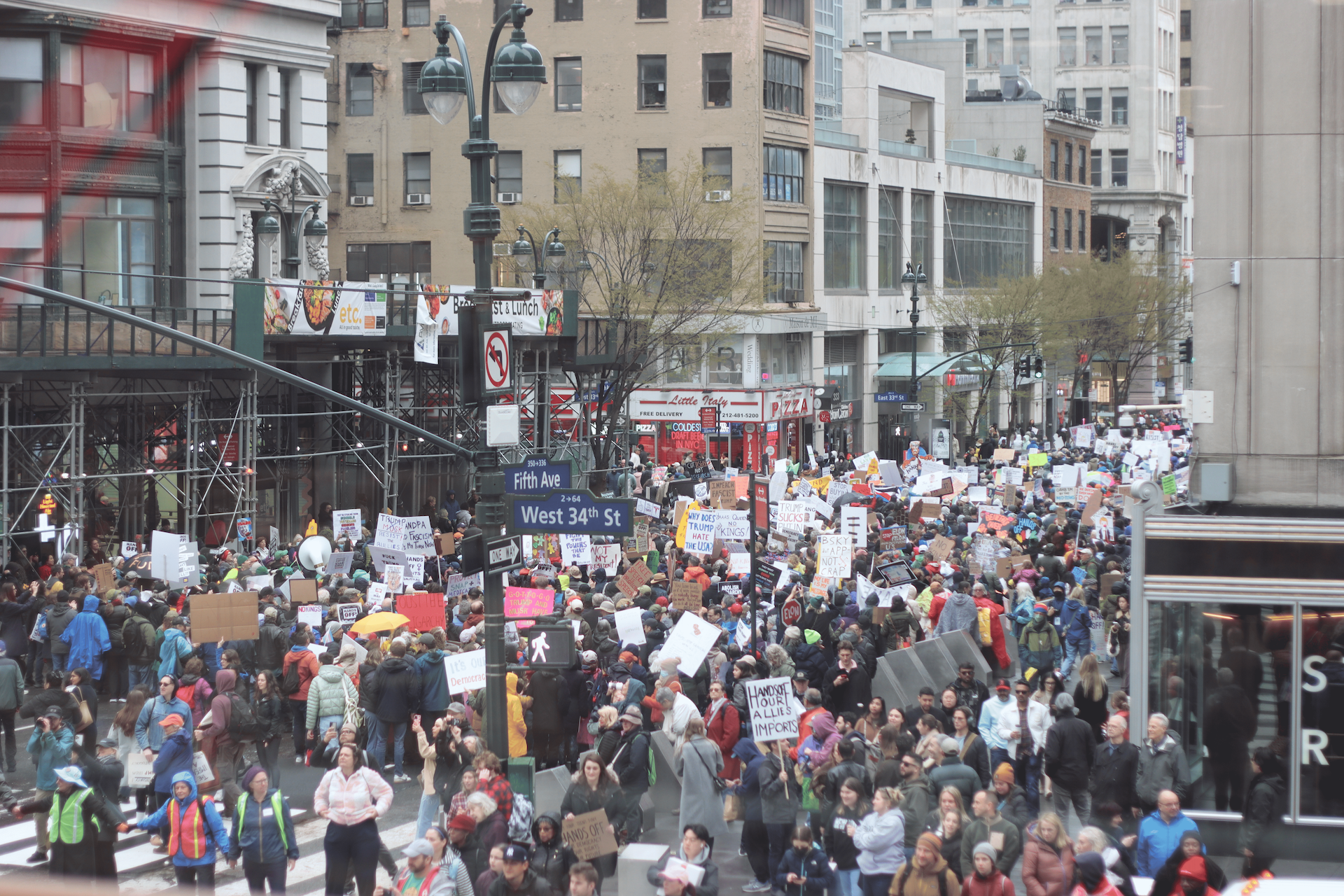
According to the National Education Association, one in three college students relies on Pell Grants to pay for their education. Georgia State student and protester Nathan Brown is concerned that threats to the Department of Education could take away this aid.
“I am here because I am a student concerned about Trump unraveling the Department of Education,” Brown said. “Many students, especially those who attend my university, Georgia State University, are Pell Grant recipients.”
Carter said that despite not bringing his daughter to the protest, he was protesting for her rights and her future. Carter believes that the movement is not based purely on politics, but instead on the hopes of providing a safe future for the children of the U.S.”
“We need them to remember families,” Carter said. “I’m a father. My daughter’s not out here today, but I am, and it’s important that folks understand that this is not this individualized movement. This is a family’s movement. These are families coming together to protect the future of our children, and we’re just tired of the politicizing. We’re tired of the drama. It’s about each and every child here, and we’re here to stand up for it.”
Smith said she’s concerned about the children she works with due to President Trump’s mass deportations and anti-transgender values.
“I work with children in foster care who are largely in New York City, children of color,” Smith said. “I work with kids who are transgender who no longer go into federally funded shelters. I work with kids who are immigrants who are seeing their parents being deported and or at risk of being deported themselves. So I see a lot of this very up close.”
The Maternal and Child Health branch of the CDC, which specifically dealt with HIV in mothers and children, was shut down as of April 1. A wide variety of programs within the CDC have undergone major losses in terms of personnel. Yolanda Jacobs, president of AFGE Local 2883, said that ramifications of these decisions will be felt for years.
“The CDC in many ways has been crippled, especially once the reduction in forces started on Tuesday, placing a lot of our employees on immediate administrative leave,” Jacobs said. “A lot of programs were shut down with no notice at all to even our partners outside of CDC. If this continues, there’s going to be a lot of fallout from this for years to come, because a lot of these programs were very important to the protection of the public.”
RFK Jr., the Trump-appointed head of the Department of Health and Human Services, has decided to allocate government funds to chronic disease, claiming the federal government has been overspending on infectious disease research and drug development. Krugman is concerned this could have dangerous consequences.
“The first and foremost issue is having a prominent anti-vaxxer as our health secretary, who is encouraging children to die from infectious diseases,” Krugman said. “The second is cutting NIH funding.”
Gail Marks, a New York protester, said recent outbreaks of bird flu, which has spread in some rare cases to humans, and measles, which has spread to more than 500 people in Texas, make her worry for the future of public health.
“There may literally be people dying in the street,” Marks said. “They’re decimating the health service. There is going to be another pandemic, it’s just a question of time. They’re not doing anything to recall birds or to minimize measles. And it’s going to spread. He is doing nothing.”
Jacobs said regardless of the political climate, her union’s job will still be upheld, to make sure that the rights of workers are not ignored.
“As a union, our job is to make sure that the rights of our bargaining unit employees are not trampled on, that policies that are put in place are properly vetted, that they are lawful, that their working conditions are safe, that they’re working in healthy environments,” Jacobs said. “When things like this happen, there is recourse where these bargaining unit employees and the union can question management as to whether the directives were lawful.”

Countless Americans who identify as a Republican do not support Trump. While not all the protesters have the same political alignment, Morris believes the overall message is more important than small policy disagreements.
“For an event like this, what’s important to me is everybody coming together,” Morris said. “There’s a lot of different organizations, a lot of different people here. We may not agree on all the specific issues, but we know the fundamentals of what is right and wrong and what is wrong is what this administration is doing to our country, our people and our democracy.”
McNulty said the Trump administration’s policies have had unforeseen effects on Americans.
“His policies are absolutely what he promised, but I think the effects of his policies are not what he promised,” McNulty said. “Trump said dozens of times that these wouldn’t raise prices, and because many people don’t really want to be invested in politics, they don’t wanna look to see that, or they don’t care because they hear him say tariffs won’t raise prices.”
On March 31, Sen. Cory Booker began a 25 hour speech on the Senate floor. Booker’s speech was motivated by discontentment for the Trump administration, breaking the all-time record for longest speech on the Senate floor. Morris said that this act shows higher level leaders’ disapproval of the administration.
“I think that Cory Booker did something that was right. I think that the opposition party, the Democratic Party, needs to do more to fight back at this moment,” Morris said. “I like the fact that there’s leaders that are pushing back, even if it was just symbolic. I think we need more symbology to demonstrate that this is not acceptable.”
Camille Meyers* said that her motive behind protesting was fear of the repercussions that Trump’s policies may have on future generations.
“I’m here protesting today because, as a new adult, our current presidential and just global stance in the world is becoming very frightening to me,” Meyers said. “These policies will affect me and my kids and our future as a global population.”
Mayors are the highest level of any municipality, and should represent their constituents, as well as the minority viewpoint. However, Carter argues that many Georgia mayors don’t represent their constituents well.
“We have mayors in Georgia who are magites, who govern in a predominantly democratic area. It’s time to send them home,” Carter said. “The three areas where we can change are the president, the governors and the mayors. It’s a lot more mayors. Mayors set the agenda. It was the mayors that put segregation into effect. Mayors can take local stances on women’s rights, on voting rights, and it’s time to put pressure on these seats. The president needs the buy-in from the mayors. And so if these folks don’t want to stand tall for all of us, send them home, and we have the numbers to do so.”
Trump received over 77 million votes in the 2024 election, and protestor Jayden Williams, who is running for mayor of Stockbridge, Georgia, said he needs to be held accountable for upholding the promises he made to voters last fall.
“He looks at things from a business perspective, but he forgets that the power is always in the people,” Williams said. “And while he’s staying in the people’s house, he has to remember who put him there.”
*Meyers is an anonymous last name
**Jones is an anonymous last name
***Davis is an anonymous last name
****Noel is an anonymous last name
*****Smith is an anonymous last name
Additional contributions by Lara Hodson and Wesley Mercer

Fairlie Mercer is a senior and this is her third year writing for The Southerner. She currently serves as an Editor-in-Chief and is excited for her second year as an editor. Outside of journalism, she enjoys hanging out with friends and dance.





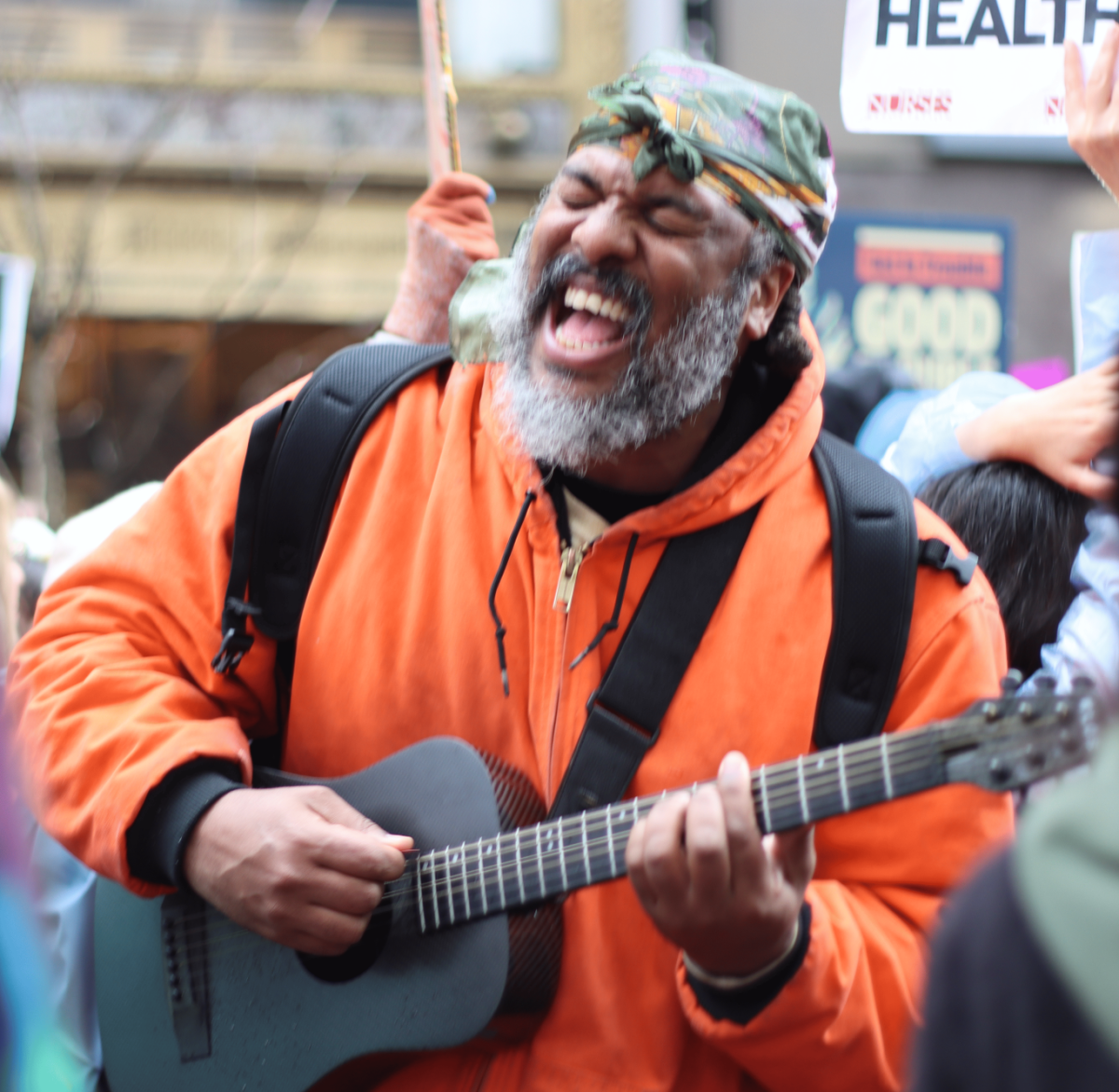
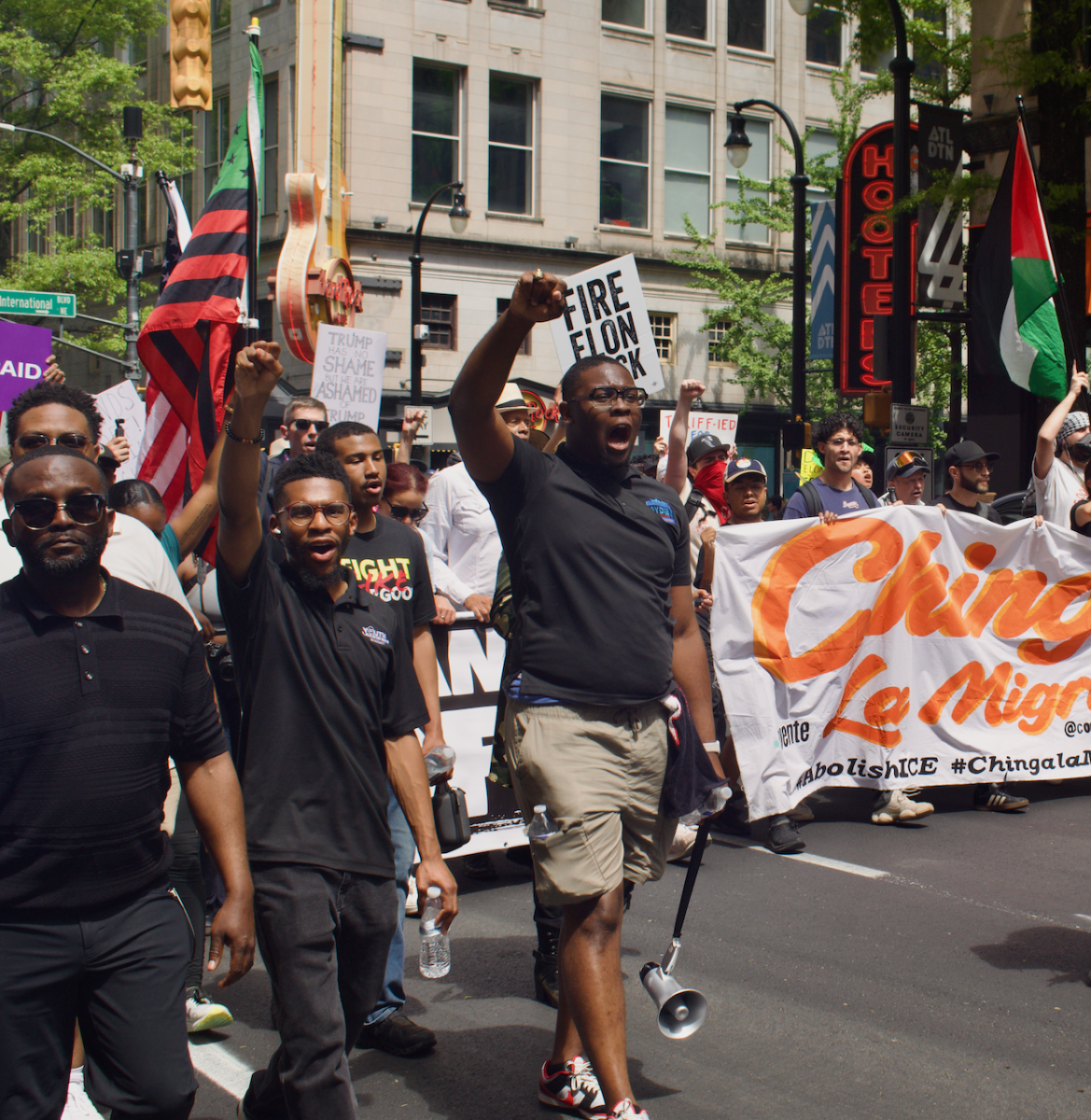
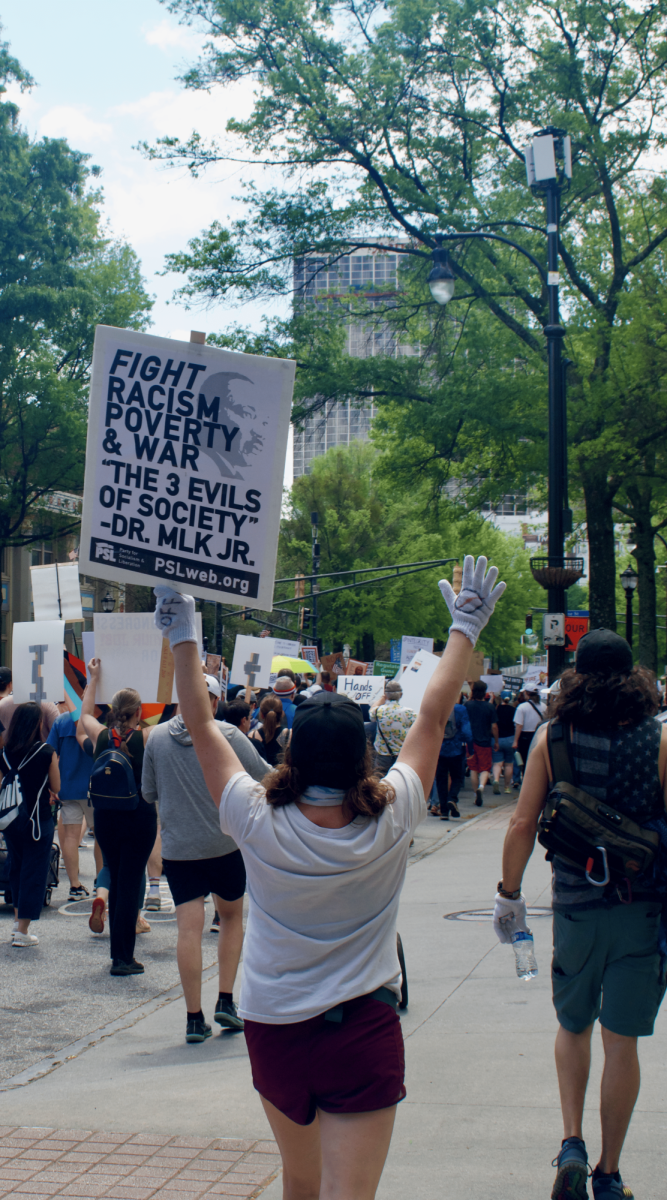
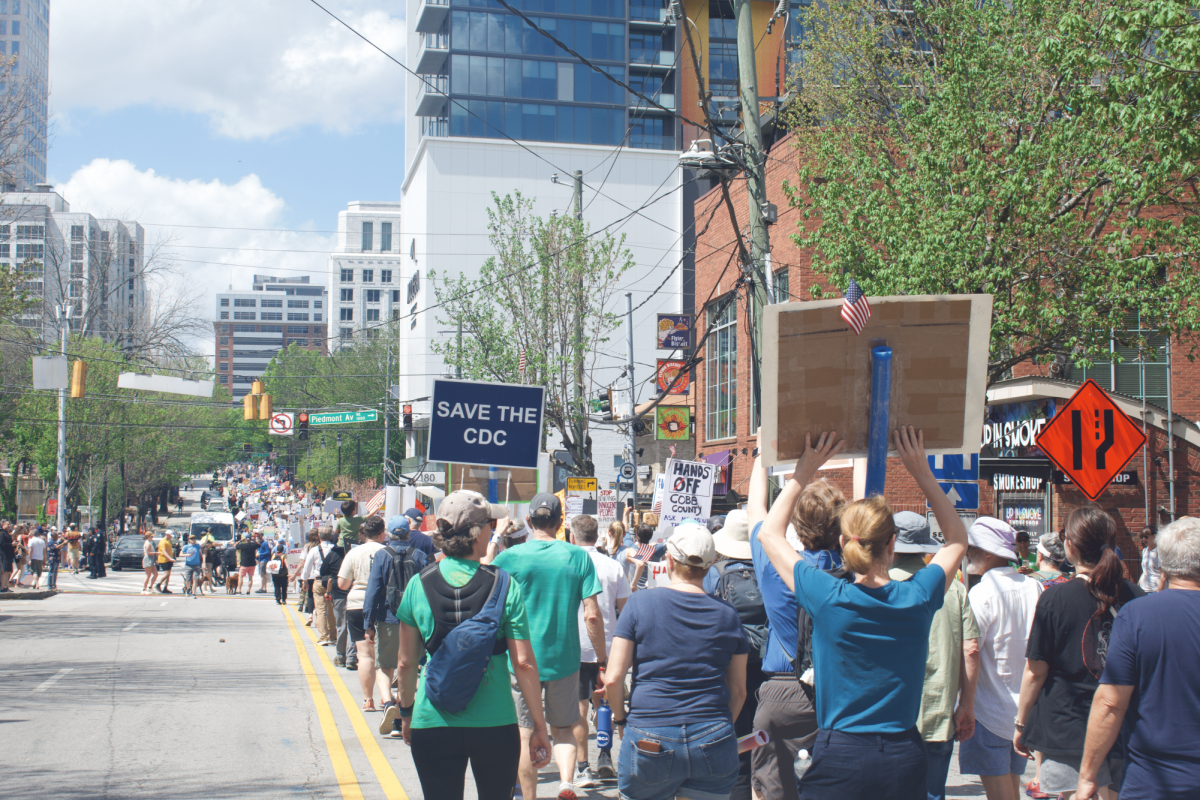
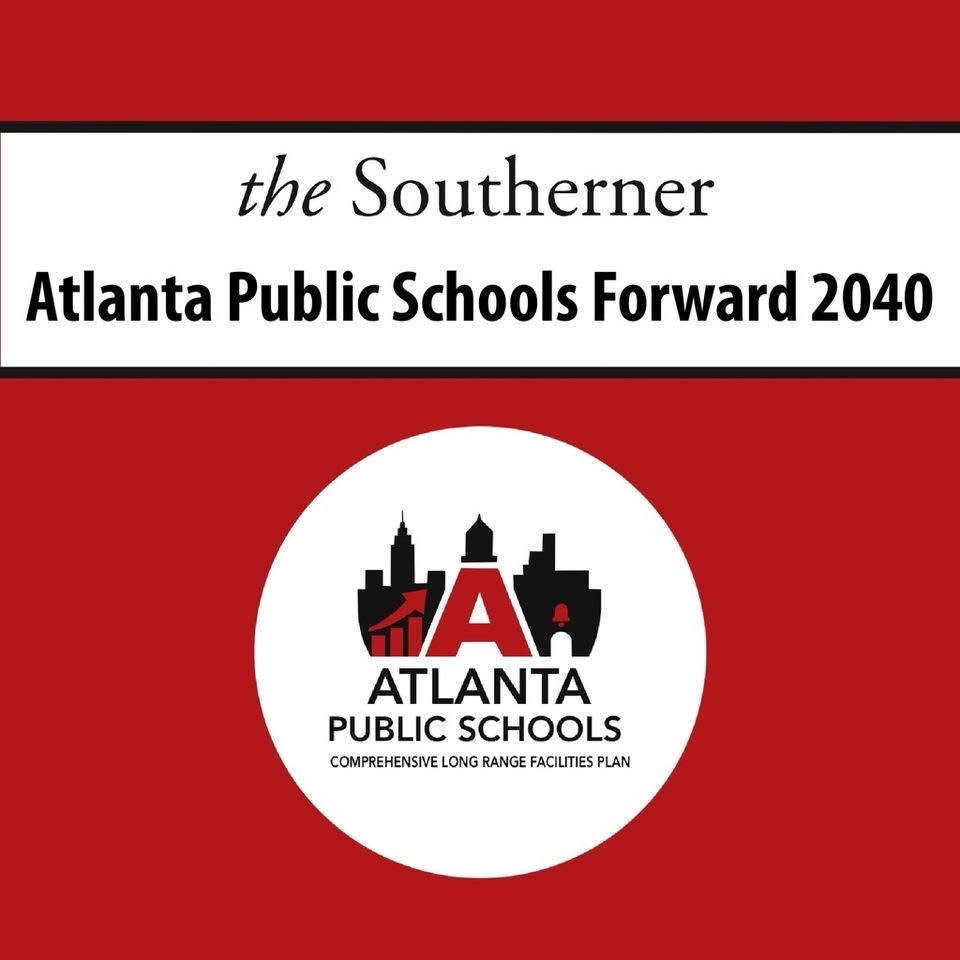
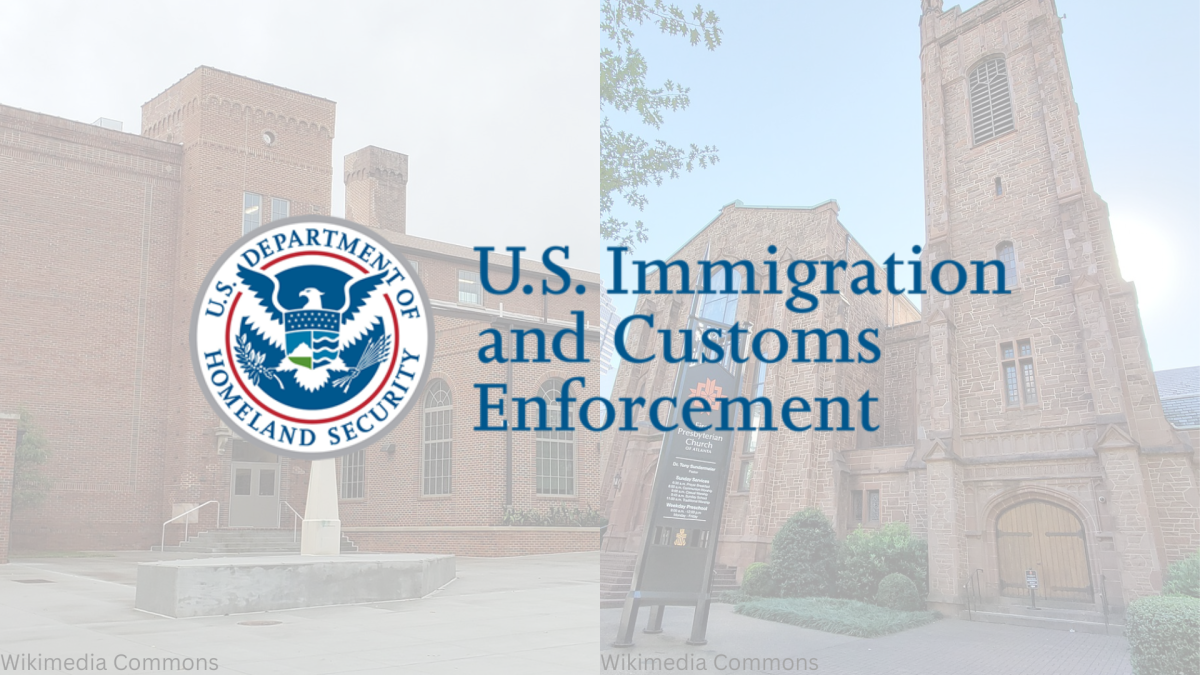
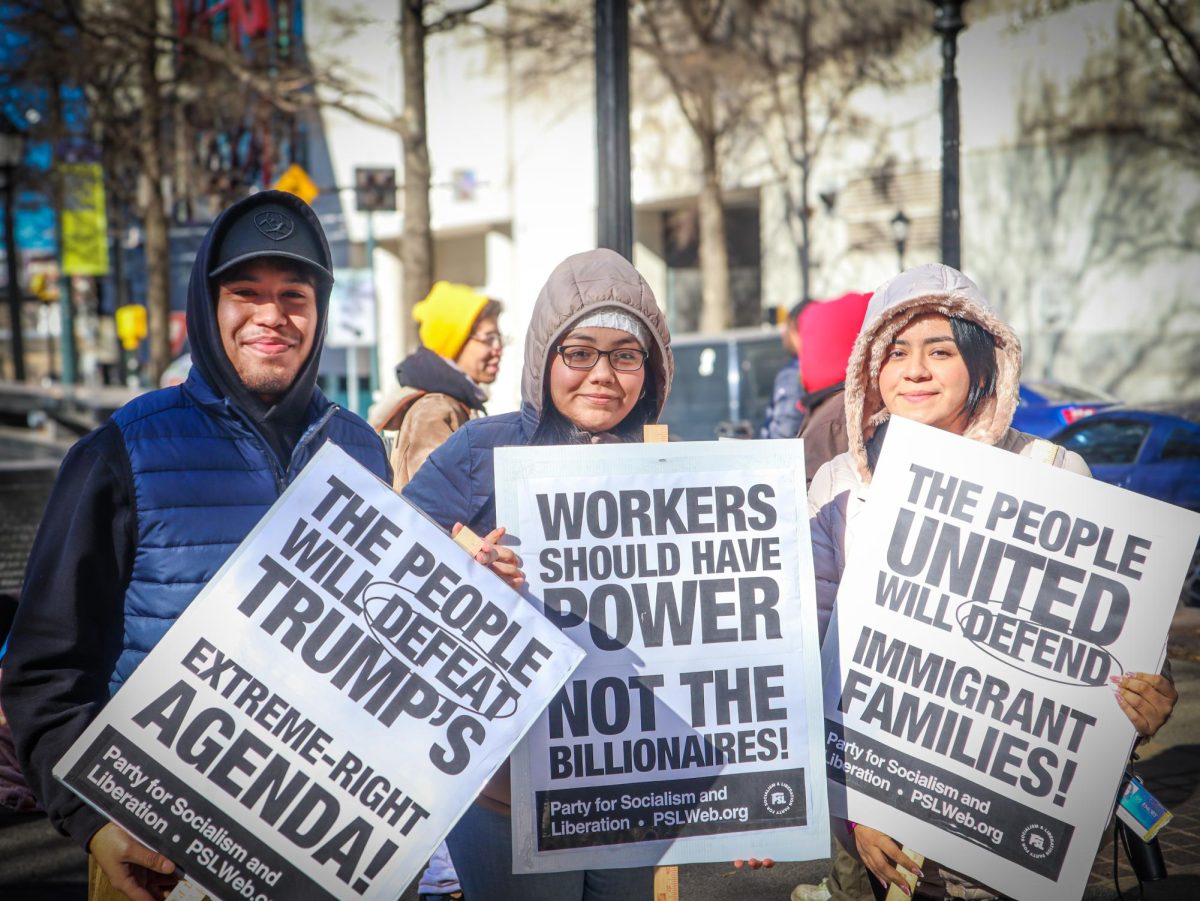
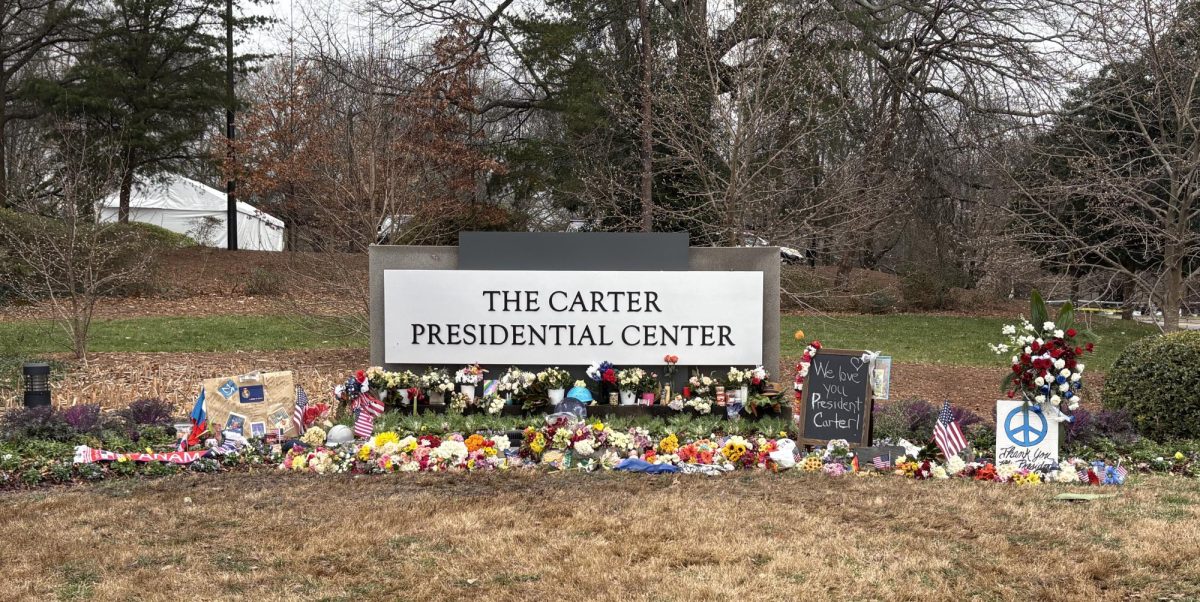








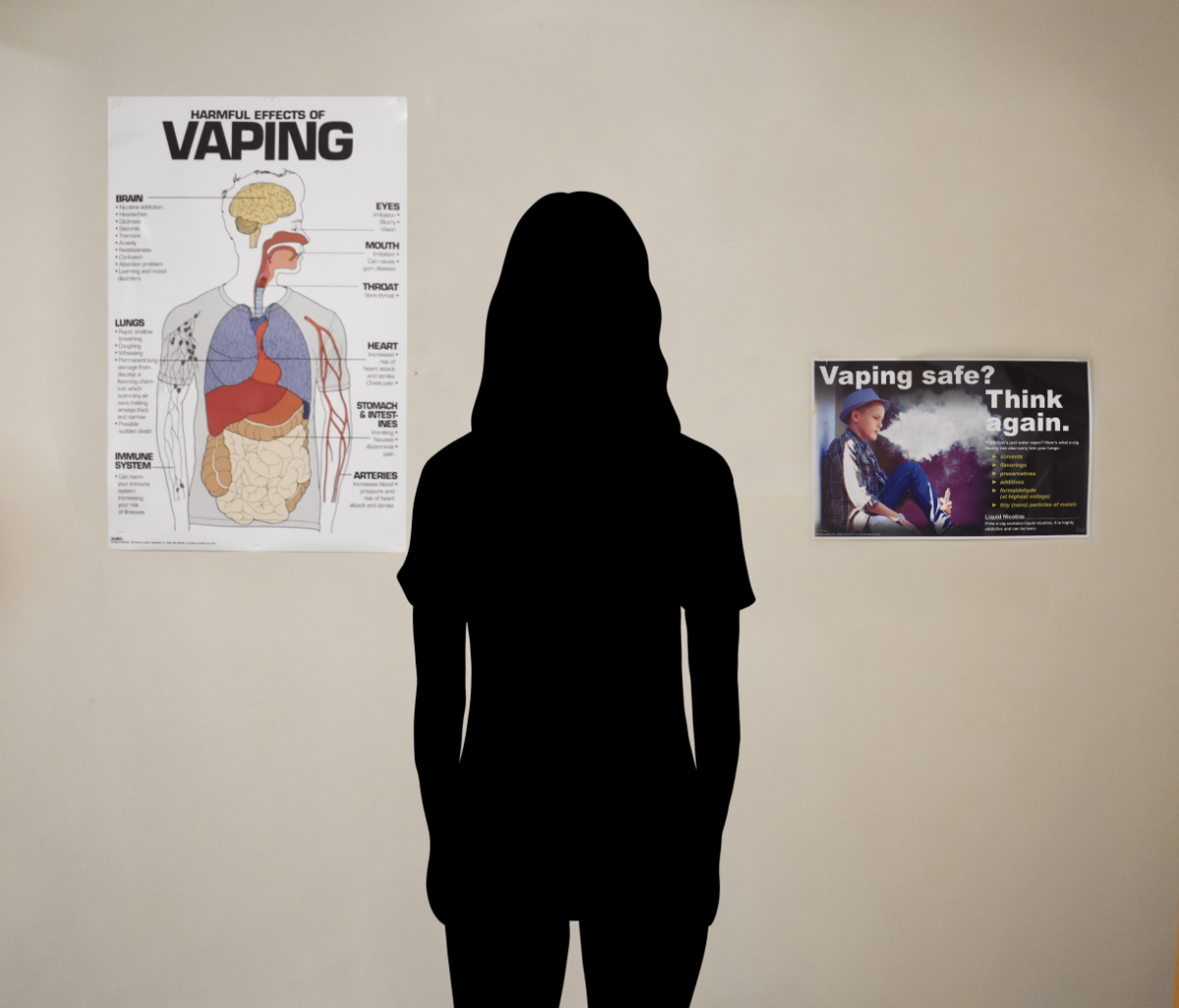

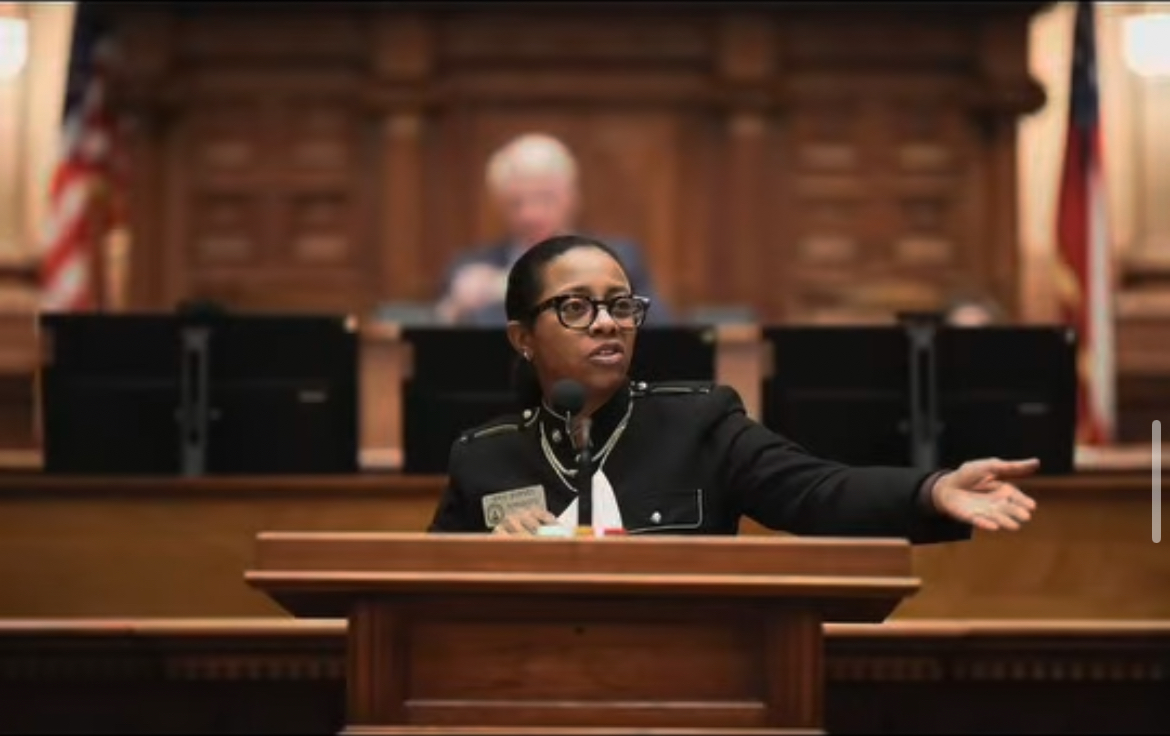
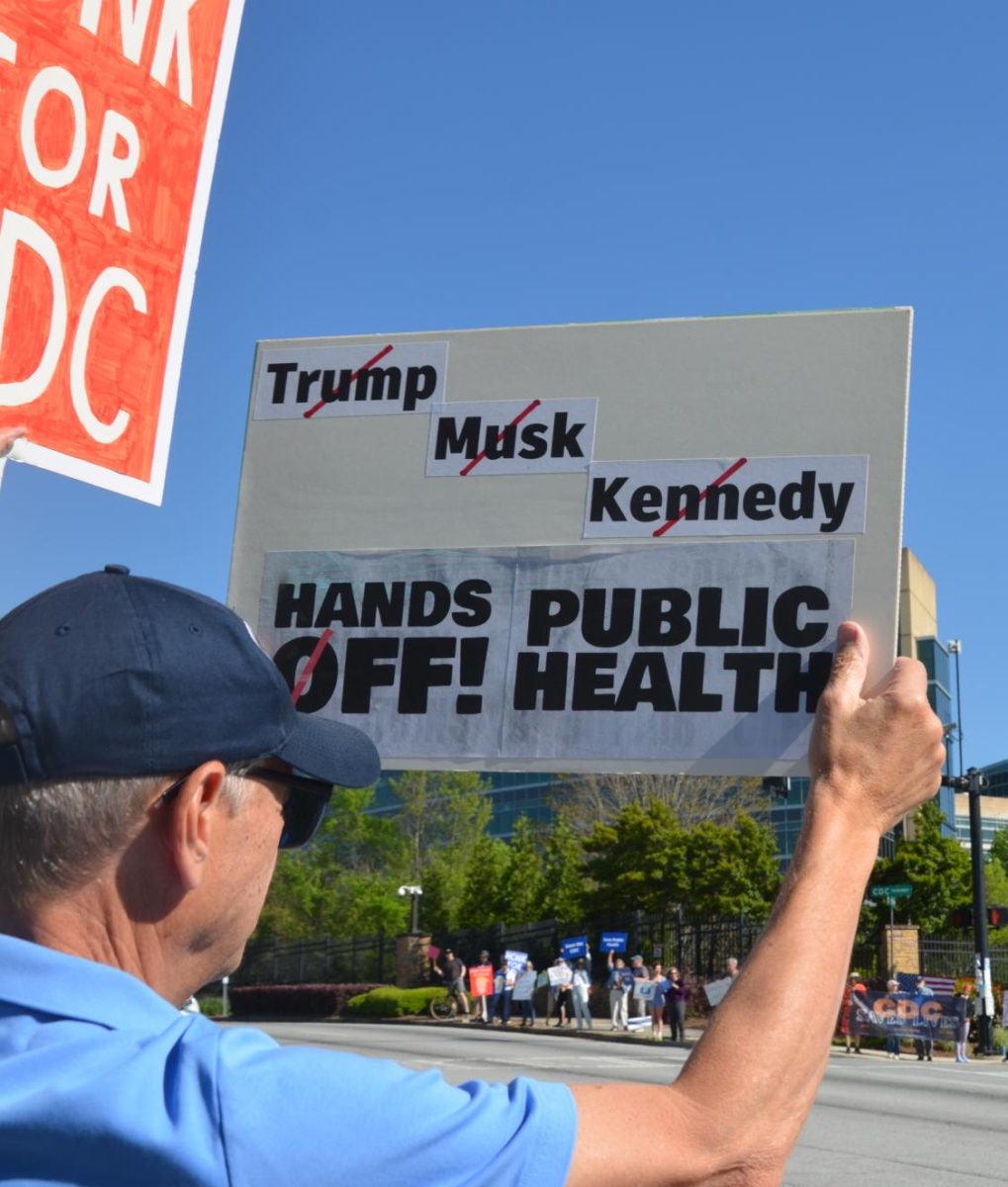

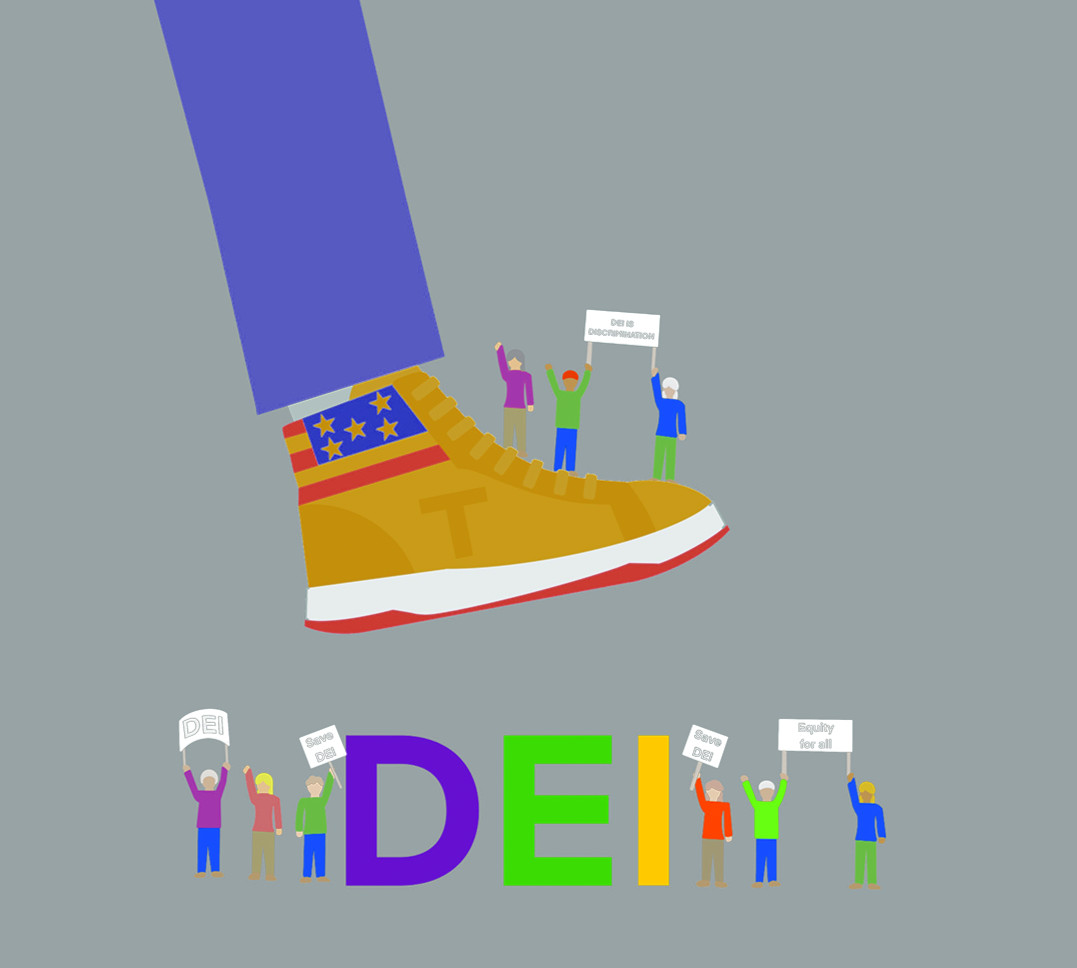
Lindsay Ruhl • Apr 9, 2025 at 3:14 pm
Incredible reporting, and amazing story. Keep up the great journalism!
Dontaye Carter • Apr 9, 2025 at 9:08 am
Very well done article. Thank you both for joining us!